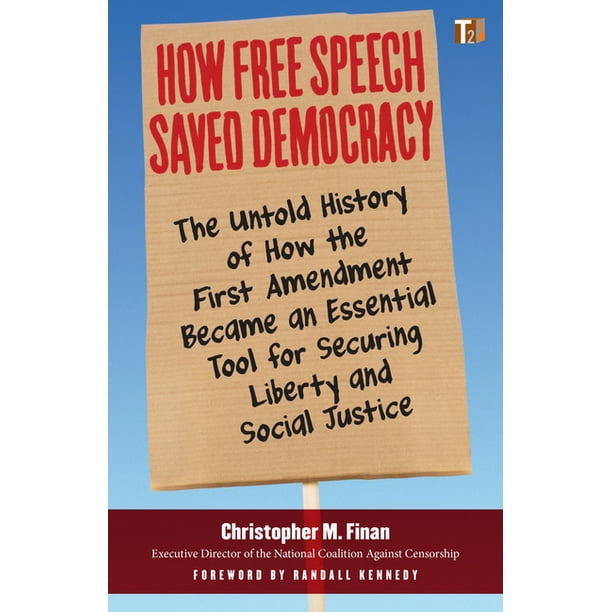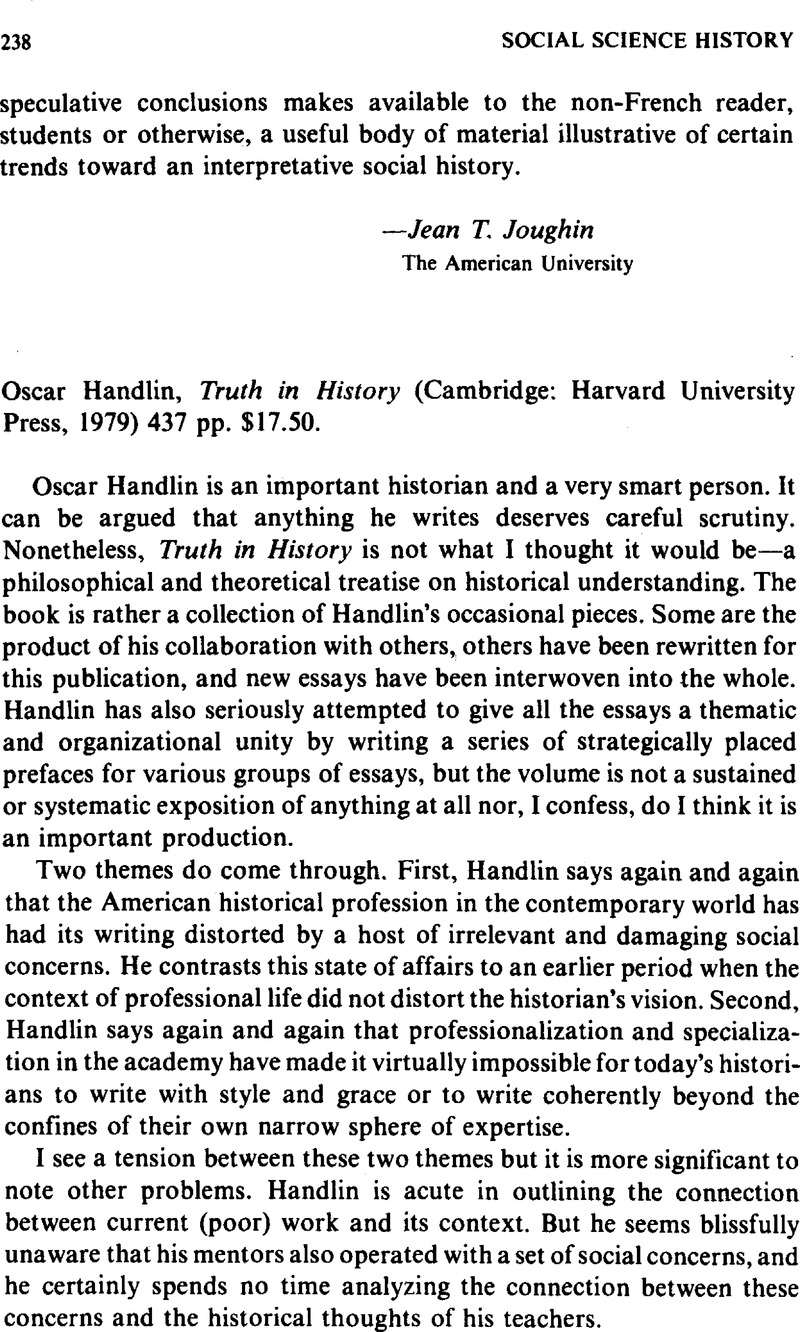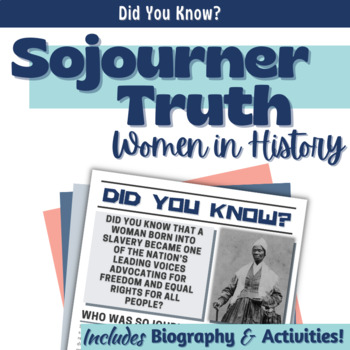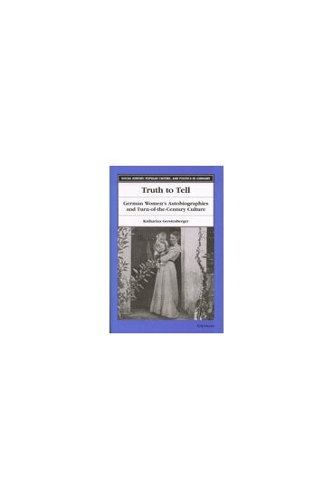The concept of truth has a long and complex social history. While the pursuit of truth has often been a driving force in human endeavors, the definition of what constitutes truth has varied widely across time and cultures.
In ancient societies, truth was often seen as a divine or metaphysical concept, tied to the will of the gods or the natural order of the universe. In these societies, truth was often revealed through religious or spiritual practices, such as oracles, divination, or revelation.
In the classical and medieval periods, truth began to be seen more as a human construct, with philosophers and scholars seeking to understand and define truth through reason and evidence. The ancient Greeks, for example, developed the concept of logos, or rational argument, as a way to understand and communicate truth. Similarly, medieval scholars such as Thomas Aquinas sought to harmonize faith and reason in their pursuit of truth.
With the rise of modernity and the scientific revolution, the concept of truth came to be closely tied to empirical evidence and the scientific method. This shift was driven in part by the Enlightenment ideals of rationality and progress, as well as the growing belief that knowledge should be based on observable facts rather than tradition or authority.
In the modern era, truth has also been shaped by social and political forces. The media, for example, has played a significant role in shaping public perceptions of truth, with the power to influence what information is presented and how it is presented. The rise of fake news and disinformation has also challenged traditional notions of truth, as people struggle to distinguish between credible and non-credible sources of information.
In recent years, the concept of truth has also been affected by postmodern and deconstructionist philosophies, which argue that truth is relative and culturally constructed, rather than objective and universal. These ideas have contributed to the idea of "alternative facts" and the erosion of trust in institutions and experts.
Overall, the social history of truth is a complex and multifaceted one, shaped by a variety of cultural, philosophical, and political forces. As societies and technologies continue to evolve, it is likely that the meaning and pursuit of truth will continue to change and evolve as well.







